12 Oct October 2021: Geothermal HVAC Systems


Office: 843 846 2500
www.WillisSinclair.com
Info@WillisSinclair.com
October 2021
Number 92

Ingrid Sophia is our 34th (out of 37) grandchild. She had her second birthday last month.
From the Desk Of Bill
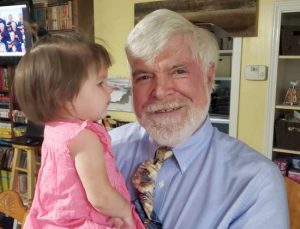
Me and Edith, our 35th grandchild.
September is finished. 2021 is ¾ gone. Where did it go?
Certainly, this has been an unusual year that we will likely not forget soon.
We have had election disputes, the virus, a “vaccination” push, a terrible military disaster, a sluggish economy and now inflation. I suspect there is more not-so-good news in the months ahead.
Still, we need to remember we live in the greatest country in the history of the world. We have lifestyles that King Solomon, reportedly the richest person in the world during his lifetime, could not even fathom. America is filled with hard working people who are doing their best.
We are certainly doing our best during these trying times. Labor and material shortages, not to mention rising material costs are challenges we face as we work to provide world class service to our customers.
Although the past months have been a challenge, Kandy and I have managed to sneak away several times. We like to stay in older hotels or homes that have been converted to bed and breakfasts, if we are able. This past year, we have found several that stand out. They are not plush by today’s standards, but they are charming. They are clean and comfortable and have a nice historic feel to them.
On our trip to Missouri to attend a graduation ceremony for a couple of our grandchildren, we stayed in the Battleview Bed and Breakfast in Ft. Oglethorpe (just south of Chattanooga; 361 miles, 6:01 hours from Brays). It is very close to the Chickamauga National Battlefield (War Between the States). The bed and breakfast is in a building that was used to house the military band. It faces the parade ground.
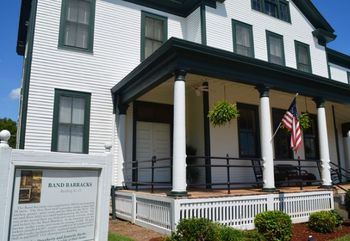
Battleview Bed and Breakfast
Another interesting place we stayed was in Washington, Georgia (158 miles, 3:01 hours from Brays). When we visited Washington, we found the Fitzpatrick Hotel. It is on the downtown square and was built in 1898. The Fitzpatrick sat empty for a number of years, but was restored a few years ago. The rooms are very nice (for 1900 standards). We stayed there early in the week and their in house restaurant is not open early in the week, so we were faced with fast food. We were told around the weekend, the food choices locally are much better.
|
Washington, Georgia is the town where Confederate President Jefferson Davis held his last cabinet meeting as he fled south. It is where Alexander Stephens, who later became the Vice President of the Confederate States of America, attended school. Robert Toombs’ (a U. S. Representative, U. S. Senator, later a Confederate cabinet official and then a general in the Confederate Army) house is a State Historic Site in Washington. |
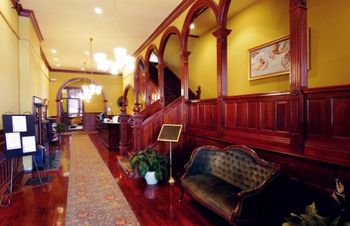
Fitzpatrick Hotel Lobby
Our last trip was to Flat Rock, North Carolina (250 miles; 3:47 hours from Brays). We spent four nights at the Highland Lake Inn and Resort to celebrate our 53rd anniversary. The Lodge where we stayed was beautiful. It reminded me of an older Western National Park lodge. During our stay, we visited the Carl Sandburg Home National Historic Site also in Flat Rock. Hendersonville, with a very nice old downtown 6 or 8 block long shopping area, is only four miles away. Asheville is about 30 miles north of Flat Rock. The Highland Lake Resort was founded in the early 1900s. Today, it has numerous activities on its 26 acres. It also has Season’s, the top rated restaurant in the area, on its grounds.
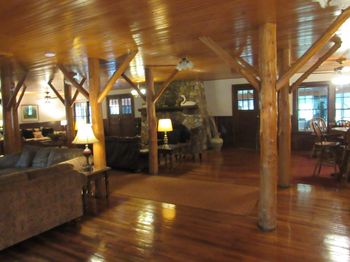
The public area of the Lodge at Highland Lake Inn & Resort
This was our first stay at each of these places. Each is special in its own way just as each person is special in their own way. It would be easy to get annoyed because of no good food options when we stayed at the Fitzpatrick Hotel just as it is easy to get annoyed with people. It is much better (although not always easy) to focus on what is good and right than to be pulled down by all sorts of bad behavior and news.
If you are thinking about visiting any of these places, be sure to call first. As Thomas Paine said about 240 years ago, these are the times that try men’s souls. Don’t get distracted by all of the bad “news.”
Battleview Bed and Breakfast: 423 596 8659
www.battleviewbedandbreakfast.com
Fitzpatrick Hotel: 706 250 8155
Highland Lake Inn & Resort: 800 635 5101
We at Willis Sinclair hope the rest of the year exceeds your hopes and expectations. We will certainly do our best to please you.
Geothermal HVAC Systems
In today’s world, it is important to minimize our energy footprint. Doing this without sacrificing our lifestyle is also very important. Geothermal HVAC (Heating, Ventilating and Air Conditioning) is a way (one of many) to do just this: save energy and maintain a comfortable lifestyle. Geothermal systems are best implemented in new designs since retrofitting them into existing structures can be complicated (a.k.a. expensive).
Geothermal: of or relating to the internal heat of the earth.
Basically the way an air conditioner works is to move heat from inside your home to the outside. It does not add “cold,” but removes heat. In the winter, if you are using a heat pump, the process is reversed. Heat is moved from the outside of a home to the inside. Heat pumps got their name because they “pump” heat between two different spaces.
|
While it may seem strange to think about cooling your home by removing heat, that is exactly what happens. Heat is a form of energy. Cold is simply the absence of heat. There is no “cold” energy. If that seems confusing, think about light (another form of energy). If you want to darken a room in your home, you don’t turn on darkness, you remove light (by turning off lights, closing curtains and so forth). |
There are limitations for heat pumps, however. Unfortunately, the hotter it is outside, the less the efficiency of an air conditioner and that is when you need it the most. Similarly, if you are heating with a heat pump, the colder it is outside, the less the efficiency of a heat pump. Special electrical coils are installed in a heat pump system to provide heating when it is too cold for the heat pump to work (called emergency heating). These electrical coils are expensive to operate (and obviously, not very “green”), but they do provide heat when you need it.
The reason for this drop in efficiency is there needs to be a temperature difference between the refrigerant coils in the outside unit and the air temperature. When the system is cooling your home, the outside coils become hot. The heat from them is removed by the cooler air being blown through them. You can easily feel the heat from the coils by holding your hand in the air coming from your outside unit (in the summer). Since the amount of heat energy transferred is proportional to the difference in two bodies, as the outside air temperature rises, the difference in the temperature between it and the refrigeration coils drops.
Similarly, in the winter, the coils outside are cold, trying to absorb heat from the air so it can be moved inside. As the outside temperature drops, the temperature difference between the coils and air decreases and efficiency falls.
|
The reason high SEER rated air-to-air systems are much larger than lower SEER rated systems is to transfer more heat, thus increasing efficiency. If you double the coils, you (basically) double the heat transfer. Bigger coils obviously cost more than smaller coils, so there is a price to pay for the added efficiency. |
So, how do you overcome this problem? Remember, the heat transferred is proportional to the temperature differences. That means if you have a substance with a relatively constant temperature as the ambient temperature changes, you could use that. There is such a substance: ground water. Typically, it is about 67° F in our location. If that is used to either absorb heat energy (in the summer) or provide heat (in the winter), then the efficiency stays relatively constant.
Why can’t you just pump groundwater through pipes in your home to cool it? You can, but it won’t be very efficient. Remember the amount of heat transferred (from your home to the water pipes in the summer) depends on the temperature difference. If the water is 68° F (it is a little bit higher in the summer) and you want your home temperature to be 73° F or so, that is not much difference, so it would take a huge number of pipes to cool your home.
If you use a heat pump, you can use the ground water for the source of heat (in heating mode) or the medium to absorb excess heat (in cooling mode). As with most things, there are more issues to consider. Water has to be pumped (which takes electrical power), but that energy is small compared to the added efficiency of the unit.
There are several ways to supply the water for your system. You can use two wells where you pump ground water from one through your system and back into the ground. This system obviously requires two (or four or six) wells (in addition to the well you may have for domestic water) depending upon the amount of heat you need to transfer. You can also use a single well and a spiral of tubing, but typically, this will not transfer nearly as much heat as you need. A multiple well solution is probably the best solution for a home owner.
You can use what is known as a “pump and dump” system. This system pumps ground water through your HVAC system then dumps it on the surface of the ground or into a receiving well.
Still another possibility is a large pond, but this has drawbacks too. You have to make sure the water you use is clean, so it may need a filter. You will also increase the temperature of the pond, so algae growth may be accelerated.
A cooling tower is yet another option, but probably not an attractive one for a home owner. Cooling towers are large units often seen on commercial buildings. They pump the hot gases from the HVAC to coils where water cools them. To cool the water, it is pumped to the top of the tower and flows down the sides. Since the water is hot, it evaporates and absorbs considerable heat.
Geothermal systems are efficient, but there are drawbacks. We would be happy to discuss them with you. No cost or obligation, of course. Call or text us (843 846 2500). We can help.




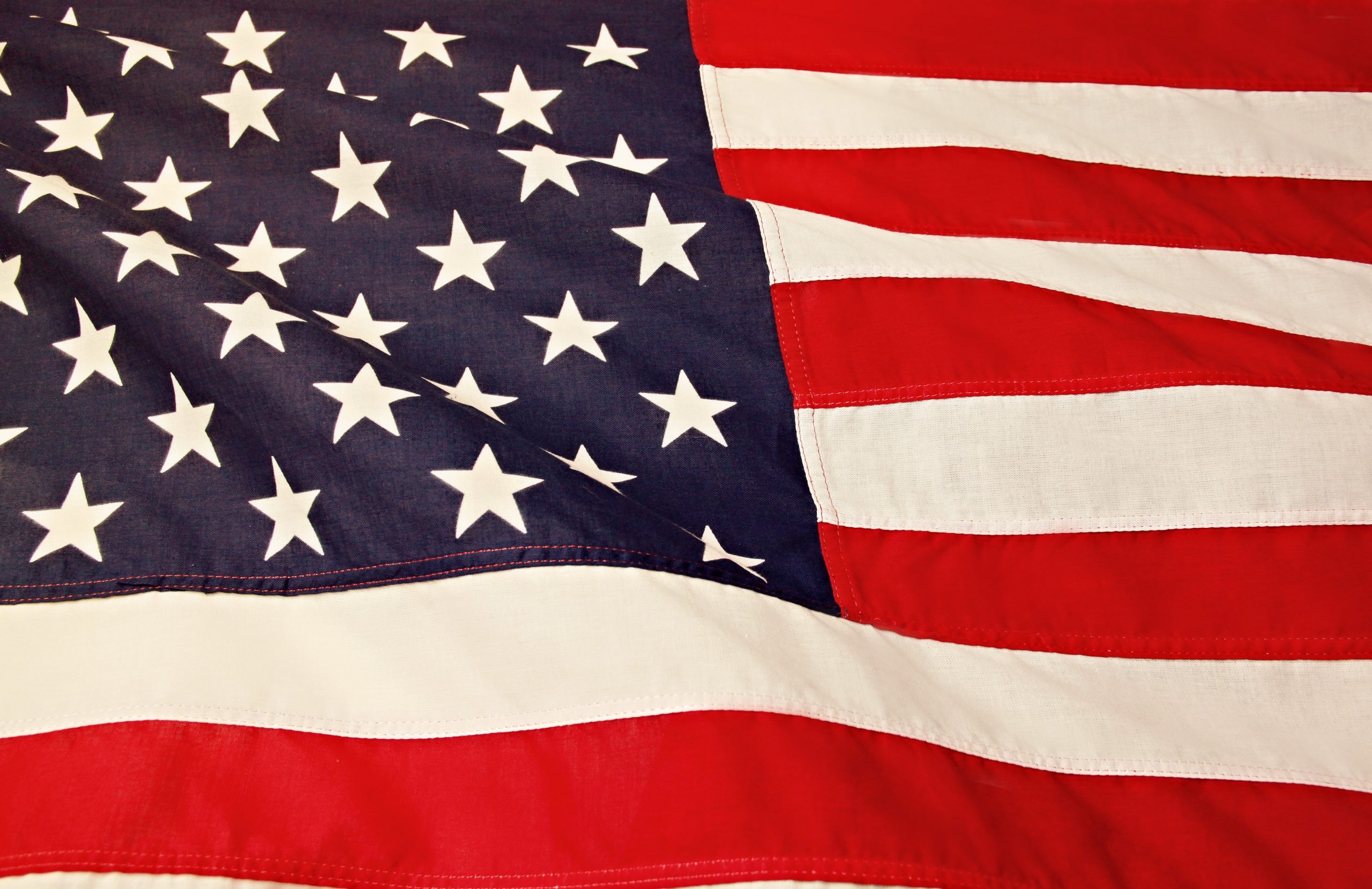
No Comments